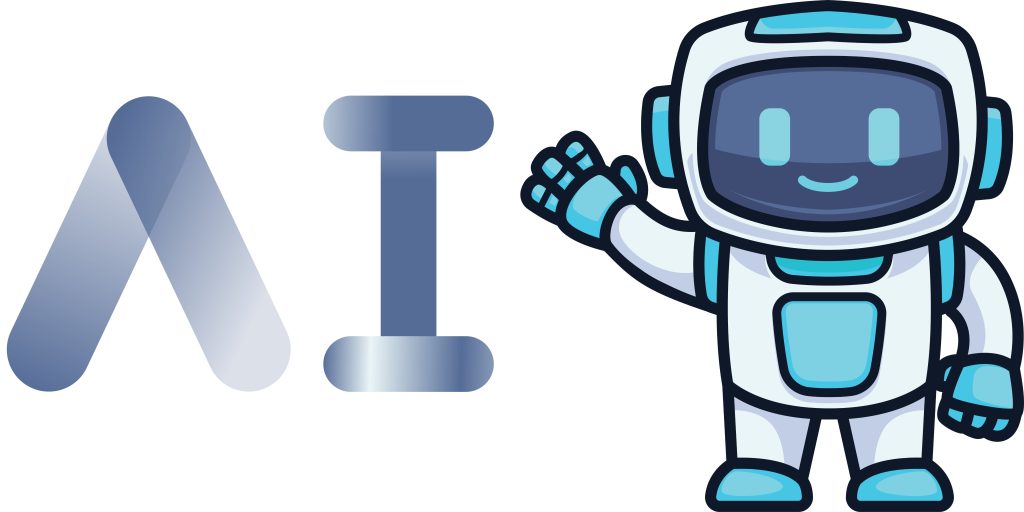
Artificial intelligence (AI) has become a ubiquitous term, often sparking discussions about robots taking over the world or dystopian sci-fi scenarios. However, the reality of AI is far more nuanced. Beyond the sensational headlines, AI is quietly revolutionizing various fields and making a positive impact on our world. This blog explores how AI is being harnessed for good, tackling real-world problems and improving lives.
1. Revolutionizing Healthcare:
AI is transforming the healthcare landscape in numerous ways:
- Early Disease Detection: AI algorithms can analyze medical images like X-rays and mammograms with exceptional accuracy, aiding in early detection of diseases like cancer and heart disease.
- Drug Discovery and Development: AI can analyze vast datasets of chemical compounds and biological information, accelerating the process of discovering and developing new life-saving drugs.
- Personalized Medicine: AI can analyze a patient’s medical history, genetics, and lifestyle factors to predict potential health risks and personalize treatment plans.
- Virtual Medical Assistants: AI-powered chatbots can provide patients with 24/7 access to basic medical information, answer questions, and schedule appointments, reducing burden on healthcare professionals.
2. Addressing Climate Change:
AI is playing a crucial role in the fight against climate change:
- Optimizing Renewable Energy Production: AI algorithms can predict weather patterns and energy demands, allowing for more efficient management of renewable energy sources like wind and solar power.
- Smart Grid Management: AI can help optimize energy distribution within power grids, minimizing energy waste and promoting sustainable practices.
- Environmental Monitoring: AI can analyze satellite imagery and sensor data to track deforestation, monitor pollution levels, and predict natural disasters.
3. Enhancing Sustainability and Agriculture:
AI is contributing to a more sustainable future:
- Precision Agriculture: AI algorithms can analyze soil conditions, weather patterns, and crop health data, enabling farmers to optimize resource usage – water, fertilizer, and pesticides – resulting in increased yields and reduced environmental impact.
- Waste Management: AI can analyze waste streams and optimize recycling and waste disposal processes, promoting a more circular economy.
- Conservation Efforts: AI can be used to monitor wildlife populations, track illegal poaching activities, and protect endangered species.
4. Empowering Education and Research:
AI is transforming the way we learn and conduct research:
- Personalized Learning: AI-powered tutoring systems can personalize learning experiences for students, catering to individual learning styles and needs.
- Automating Research Tasks: AI can handle tedious research tasks like data analysis and literature review, freeing up researchers’ time for more creative endeavors.
- Scientific Discovery: AI can analyze large datasets and identify patterns that humans might miss, accelerating scientific breakthroughs in various fields.
5. Improving Social Good:
AI is making a positive impact on society in numerous ways:
- Disaster Response: AI-powered drones can be deployed in disaster zones to assess damage, locate survivors, and deliver essential supplies.
- Accessibility Tools: AI-powered tools like text-to-speech and speech recognition can improve accessibility for people with disabilities.
- Fighting Human Trafficking: AI can analyze data to identify patterns associated with human trafficking, aiding law enforcement in preventing these crimes.
The Future of AI for Good
These are just a few examples of how AI is being used for good. As AI technology continues to evolve, we can expect even more innovative applications that address global challenges and improve our lives. The key lies in responsible development and ethical considerations to ensure AI benefits all of humanity.
Join the Conversation!
How do you envision AI being used for good in the future? Share your thoughts and ideas in the comments below! Let’s work together to harness the power of AI for a brighter tomorrow.
